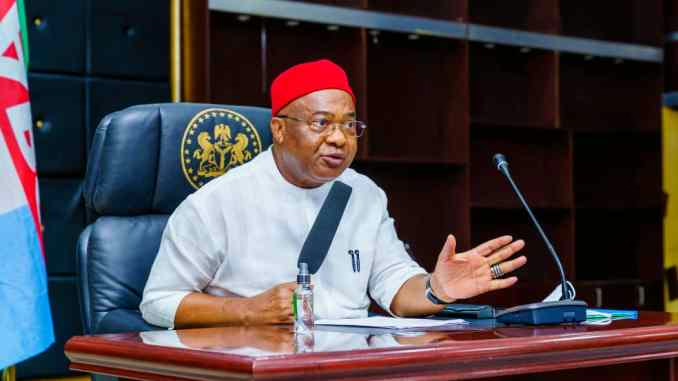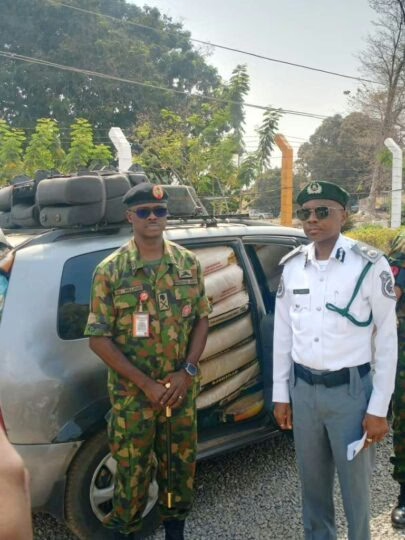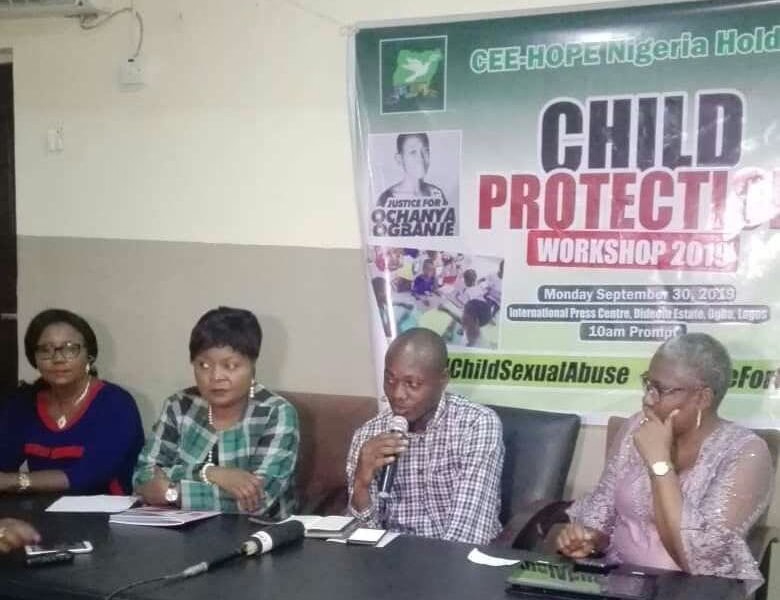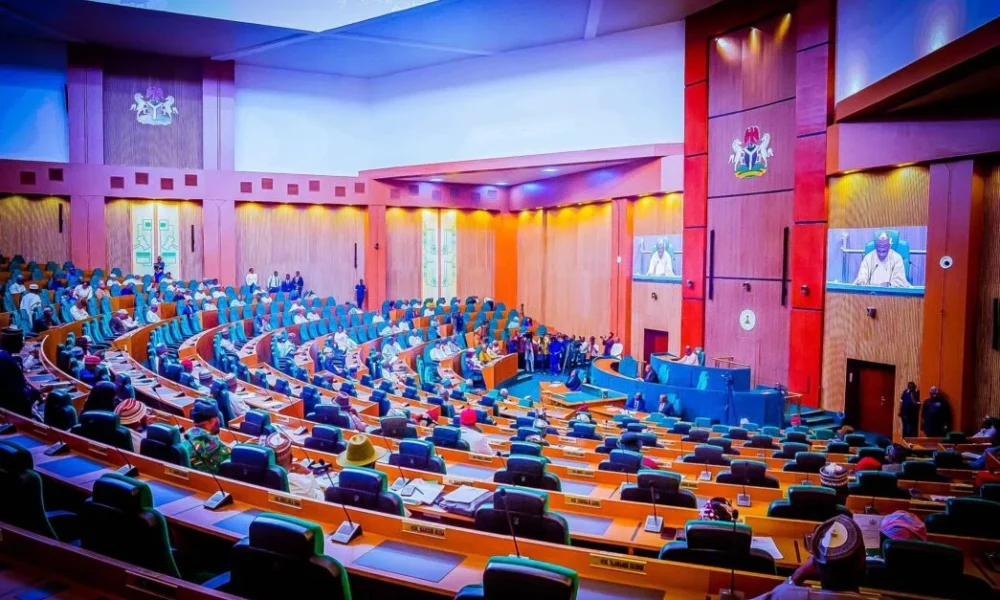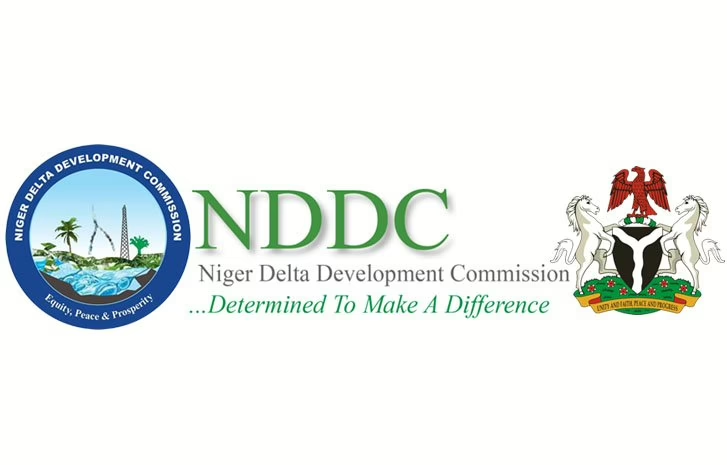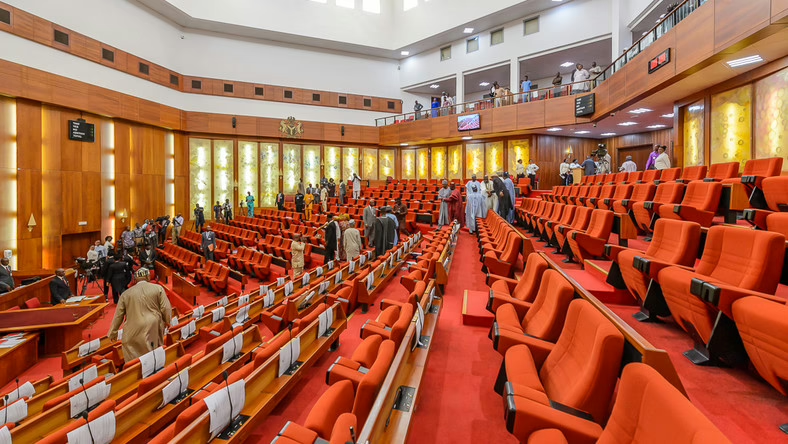Did Tinubu mark his script too early?
After his lecture that day, the course facilitator read a brief story to us, the participants, and 15 questions to test our listening skills. It was one of those true-or-false tests where you are correct or wrong. There were no middle grounds.
At the end of the exercise, he asked us to swap scripts for peer marking. I won’t say how much I scored on that test, but the experience taught me the value of listening.
Not one to give up, I contested some of the answers but later found loopholes that gave me multiple ‘aha’ moments. If I had marked my paper, I would have scored a 15/15.
But you see, doing your best and allowing a competent community to gauge your performance offers enough room for unadulterated feedback.
This is why President Bola Tinubu’s description of his outing to China last Friday as successful came off as a self-assessment made too early.
Here’s some back story.
That evening, President Tinubu rounded off his official engagements in China by meeting with Nigerians living there, describing his visit as “very good and successful.”
Addressing members of Nigerians in Diaspora Organisation in China and the Nigerian community at the China World Hotel, he emphasised his efforts to strengthen cooperation in infrastructure, trade, finance, energy, green economy and mining during his discussions with President Xi Jinping, Premier Li Qiang and his participation at the 2024 Summit of the Forum on China-Africa Cooperation.
Tinubu told those in the room, “What is uppermost in my mind is for you to continue representing Nigeria as good citizens, and I urge you all to be good ambassadors of our nation in China.
“We will always celebrate our diversity. We cherish it, but this diversity is our commitment to serve. If it is about service, we must be good citizens.” He emphasised the importance of discipline and commitment to national service, citing China’s disciplined society as an example for Nigerians.
“I cannot tell you more, except from the embassy, that China is a very disciplined society and we have to be disciplined too. Without discipline and commitment, we cannot build a nation that is respected everywhere in the world.
“We must exploit our diversity and be ready to do everything required of us within the laws of the communities that we live in and reflect a good image of our country,” the President said.
Tinubu also assured Nigerians in the Diaspora that Nigeria’s Bank of Industry is prepared to collaborate with them to leverage opportunities back home.
The President said, “Nigeria is going through reforms, and we are taking very bold and unprecedented decisions. For example, you might have been hearing from home in the last few days about fuel prices.
“But, can we help it? Can we develop good roads like you have here? You see electricity being constant in quantity and quality. You see water supply, constant and running, and their good schools. And we say we want to hand over a banner without stain to our children?
“What is the critical part to get us there if we cannot make hard decisions to pave the way for a country that is blessed and so talented? So many of you are so talented, speaking very fluent Mandarin.
“It is what you contribute and tell them at home that will reflect in the attitude of our people. The more you want everything free, it will become more expensive and long-delayed to achieve meaningful development.”
For Tinubu, one key takeaway from his visit to China is the commitment to replicate the Asian giant’s infrastructure back home—a splendid idea Nigerians would be proud to know.
At least it signals that he is not only impressed by what the Chinese have built. He wants the same for his people. But intentions are not action. If attending the meeting was the achievement, then we can all do a thanksgiving service for a safe journey to and fro China and the success of his state visit.
However, if the goal is to replicate Chinese infrastructure, then the scorecard is better left to Nigerians, who will grade him based on his extent of delivery. This verdict cannot be made quickly and is not the president’s to make. At least not unilaterally.
For now, his core business must be two-fold: giving Nigerians a minimum viable product that solves their immediate challenges—not playing to the numbers on some think tank in airconditioned rooms somewhere in a first-world country.
He must then leverage this MVP, this low-hanging fruit, to win the buy-in of his #1 stakeholders, the ordinary citizens. While the President was in China marking his script, his deputy, Kashim Shettima, was hosting a long-coming meeting.
Shettima hosts 144th Nat’l Economic Council meeting
Do you know that feeling you get when some weekdays feel like Saturdays or Sundays? It’s called day confusion, a cognitive bias where your perception of time is temporarily altered, often because of routine disruptions, holidays or changes in schedule.
This sensation can cause you to mentally associate a particular day with a different one. So, last Wednesday felt like Thursday for many State House reporters as Vice President Kashim Shettima chaired the 144th session of the National Economic Council at the Aso Rock Villa, Abuja. Although the Council typically sits one Thursday every month, things were slightly different this time. So were the attendees.
Joining the session was the co-chairman of the Bill & Melinda Gates Foundation, Mr Bill Gates, and the chairman of the Dangote Group of Companies, Alhaji Aliko Dangote, who Shettima described as “two distinguished individuals whose commitment to Nigeria’s progress is unparalleled.”
The august visitor echoed his bet on Nigerians’ potential, saying, “Nigeria’s economic leaders have done some difficult but necessary things, like unifying the exchange rate.
“The next great hurdle is raising revenue. I understand this is a politically sensitive area where Nigerians are struggling. Incomes have fallen. Prices have soared. And like in many other countries, people are protesting.”
In response to Gates’s presentation, the Council established a Committee on the Eradication of Vaccine-Derived Poliovirus. This follows reports of VDPV cases in Kano, Katsina, Kebbi, Sokoto, and Zamfara States.
The committee will be chaired by the Governor of Gombe State, Inuwa Yahaya and will include the governors of the five affected states. Other members include the Minister of Health and Social Welfare, the Director-General of the National Primary Health Care Development Agency, and representatives from the NEC Secretariat and UNICEF.
Additionally, the Special Adviser to the President on NEC & Climate Change, the Special Assistant to the President on Public Health, a representative of the Aliko Dangote Foundation, and the Director-General of the Nigeria Governors’ Forum will serve on the committee, which will report monthly to NEC.


